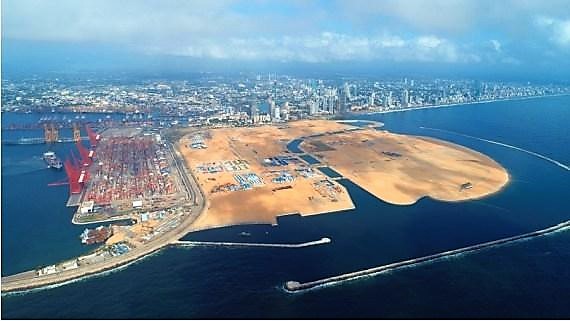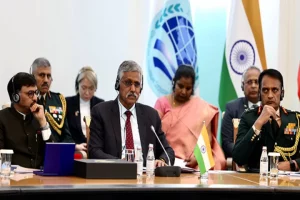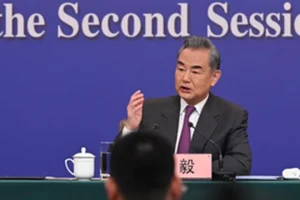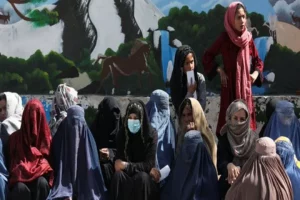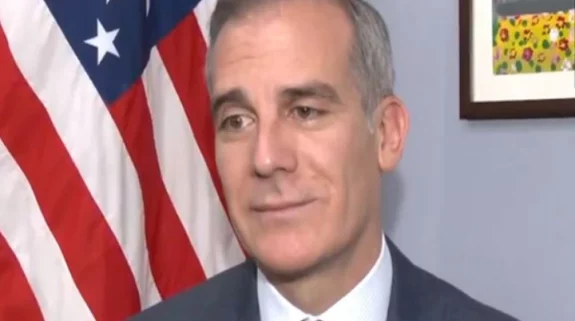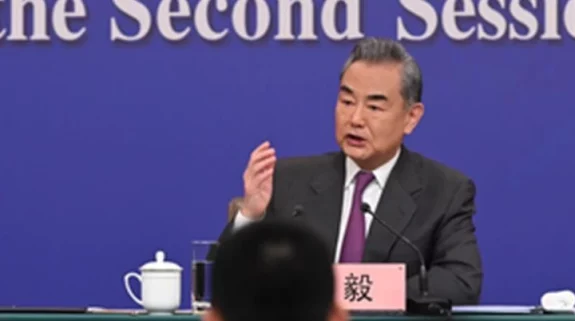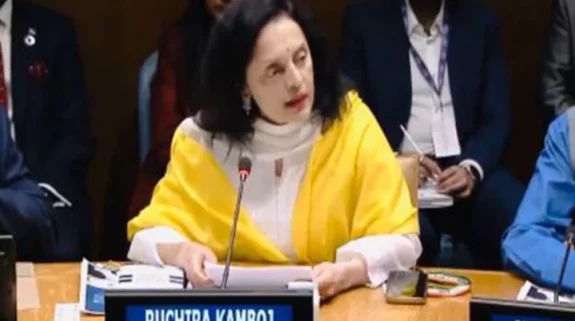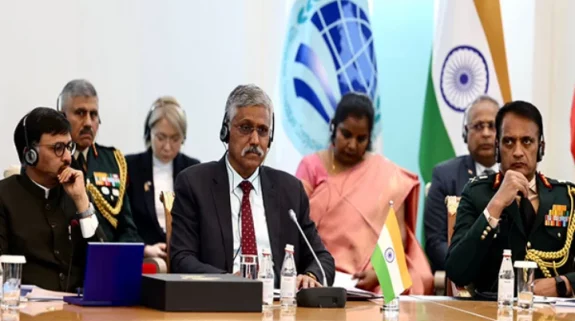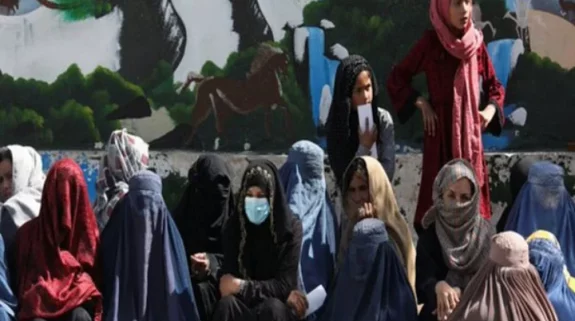After the controversial Hambantota port that China built for Sri Lanka, both nations are in the news again over the construction of the Colombo Port City (CPC)—a futuristic commercial city being built by China for Sri Lanka.
China plans to reclaim land from the Indian Ocean and construct an international port city like Dubai or Singapore so that the island nation can become a hub for global investments and business. However, with Sri Lanka's previous experience of the extravagant Hambantota port, which landed the country into debt, experts are sceptical and India is concerned about what the CPC will entail.
India Narrative spoke with Prof. P Sahadevan from the Centre for South Asian Studies, JNU, in detail about the project and what it means an an investment for Sri Lanka and as a source of worry for India.
Read More: Sri Lankans file over a dozen cases against China-backed Colombo Port City
Prof. Sahadevan says that the two projects, Hambantota and the CPC, cannot be compared. "The Hambantota port project was supposed to bring in revenue for Sri Lanka only through one channel – the docking of ships. It did not work according to the calculations that Sri Lanka had made, so it did not make any money. The CPC has been designed in a completely commercial manner. This means that this project has been structured in a multi-functional arrangement only with a view to earning money through residential, commercial and other assets".
He adds that Sri Lankans are highly nationalistic. The problems with the CPC are not financial as much as political. "Sri Lankans feel their country cannot be seen as an enclave of China because of the way the Chinese are working on the project. But the government is enamoured of the project and does not see things the way people do. The government feels that the CPC will bring back the money they have invested in it", says Sahadevan.
It is not just the local people who are worried about how China is pushing itself in the project. India is worried that China seems to be coming too close to its shores for comfort.
Read More: Sri Lanka in major language controversy as Mandarin replaces Tamil on signages
Last month, the Indian External Affairs Ministry sounded the cautionary bugle to Sri Lanka. Arindam Bagchi, spokesperson, Ministry of External Affairs, shared India's concerns at a media briefing: “Regarding the Colombo Port City project, we have been closely following recent developments from our security perspective. We have also noted the concerns that have been raised in Sri Lanka regarding several aspects of the framework for the Colombo Port City. Sri Lanka will remain mindful of our excellent bilateral cooperation, including for mutual security in our shared environment, which includes the maritime domain”.
Should India be worried that China is constructing a cosmopolitan hub—shops, residences and office? Are the concerns real?
Sahadevan thinks that India has genuine fears about the Chinese. "There is a credible fear that China is impinging on India's security. China's economic policies are not bereft of geo-strategic interests.
Considering the current relations between India and China, I think it is truly an issue that China is so close to Indian shores. When you have Chinese control over the Colombo Port City, it is because China wants to protect its strategic interests. If something goes wrong there, relations between India and Sri Lanka will be affected", says Sahadevan.
For the moment, it is difficult to tell whether the CPC will be a commercial success.
Sri Lanka's mega gamble could slide into losses like the Hambantota port, giving an excuse to China to tighten its grip on the island nation. Alternatively, it could become another Dubai or Singapore, which would mean that China will anyway hold sway close to Sri Lanka's heart—Colombo. Either way, India will have to keep a long and alert watch.
Read More: Expensive Chinese vaccines stir hornet’s nest in Bangladesh, Sri Lanka






